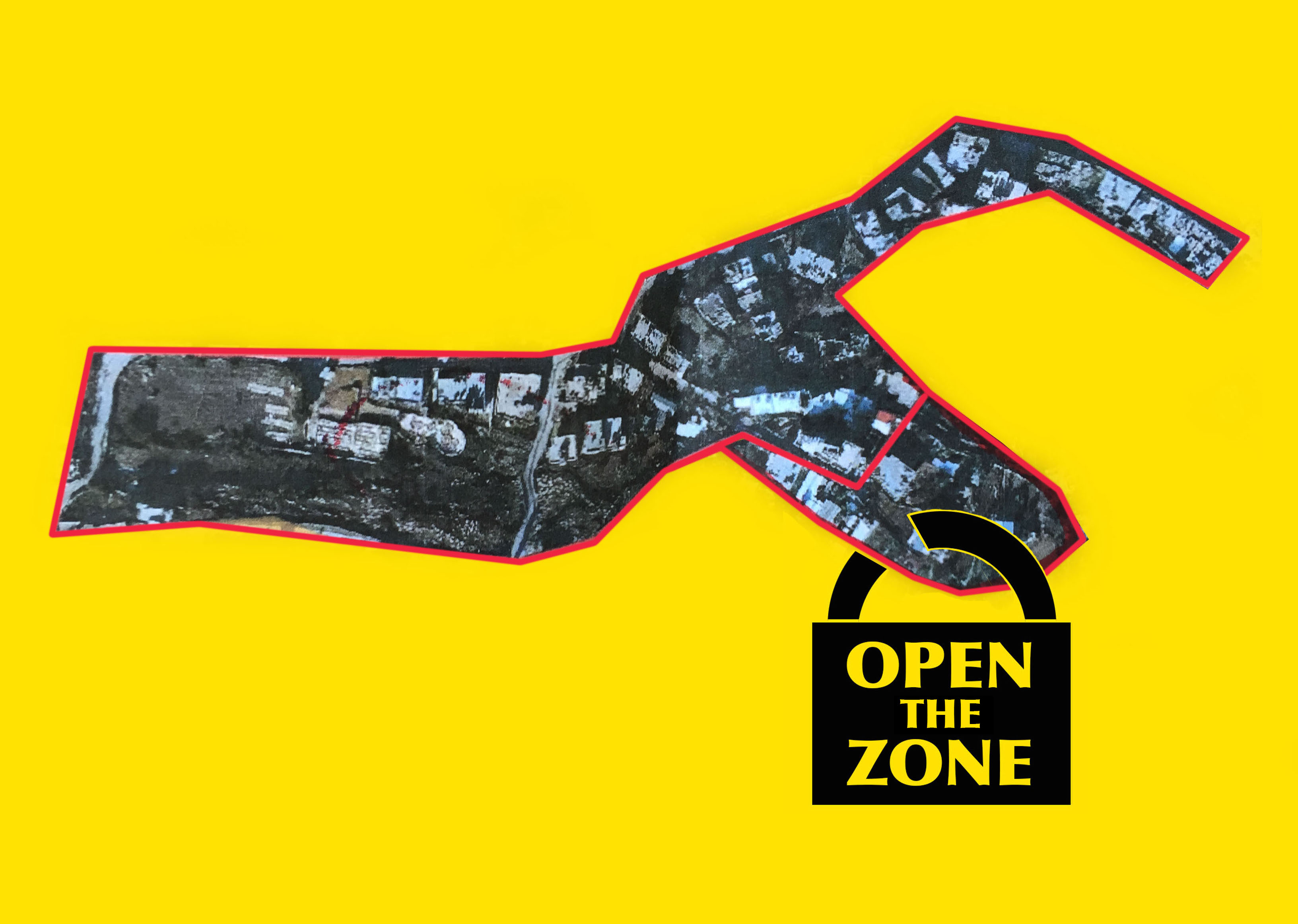Tag: Denial of Entry
-
Open The Zone: personal accounts
Saturday, May 28th (Mufeed Sharabati) Mufeed Sharabati, 50-years, Shuahda Street resident compares living in the closed military zone (CMZ) with prison – just worse: “Life here is even worse than being in jail. A prisoner knows when his sentence is over. A prisoner knows when he can have visits. No-one knows that here. We are…
-
Open The Zone: Palestinians are people – not numbers
3rd May 2016 | Open The Zone Campaign: International Solidarity Movement & Youth Against Settlements | Hebron, occupied Palestine *******UPDATE 20th May 2016******* The closed military zone order has officially been ‘lifted’ – many restrictions and discrimination remain. ******* 3rd May is number 186 of the closed military zone in Tel Rumeida and Shuhada Street.…
-
Illegal settler visits impose severe restrictions on Palestinian presence in al-Khalil
27th April 2016 | International Solidarity Movement, al-Khalil | Hebron, occupied Palestine During this week’s ‘Pessach’ celebrations from 22nd to 29th April, Israeli settlers and Israeli forces throughout occupied al-Khalil (Hebron) have been taking over Palestinians houses, rooftops, streets and entire areas while denying passage for Palestinians. Last Friday night, with the start of the ‘holiday’,…


